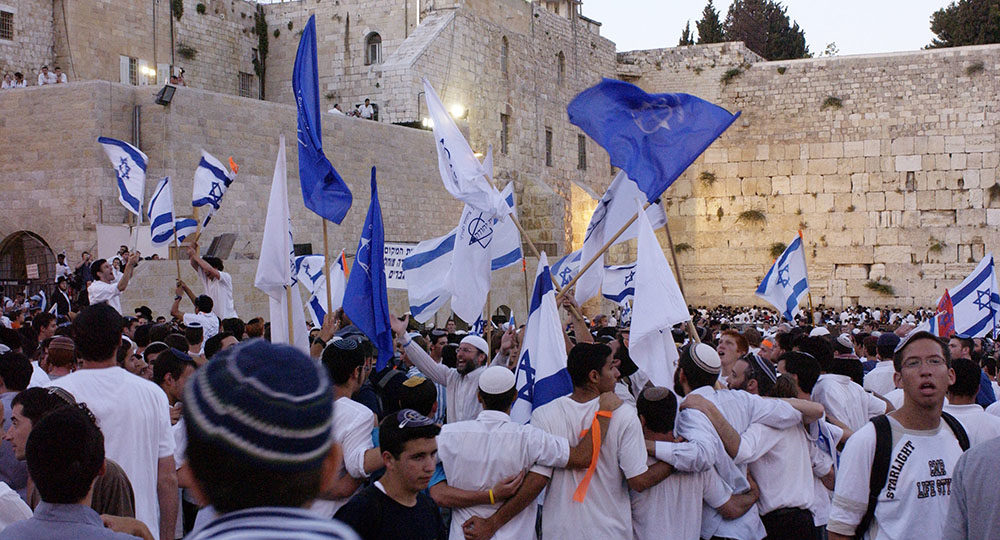


Forty years ago in June, Israel recaptured its city of cities in a six-day war that stunned the world. But things haven’t turned out as anticipated.
What in the world happened to make Christians believe they are the “new Israel”? The answer does not flatter the early church.
Satan is at war with God. And if you can understand this war, you’ll understand the entire drama of human history.
Anti-Semitism is one of Satan’s biggest tools. Unfortunately, the church has not been immune to his handiwork.
You don’t need to be a theologian to understand Dispensationalism. You only need to grasp some of the important points explained here.